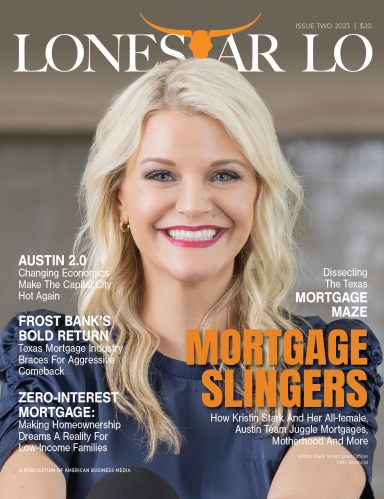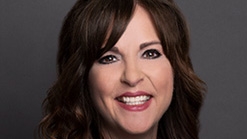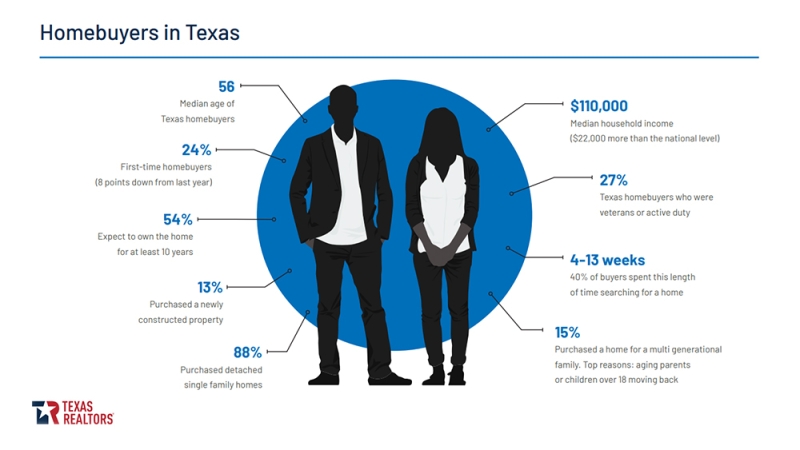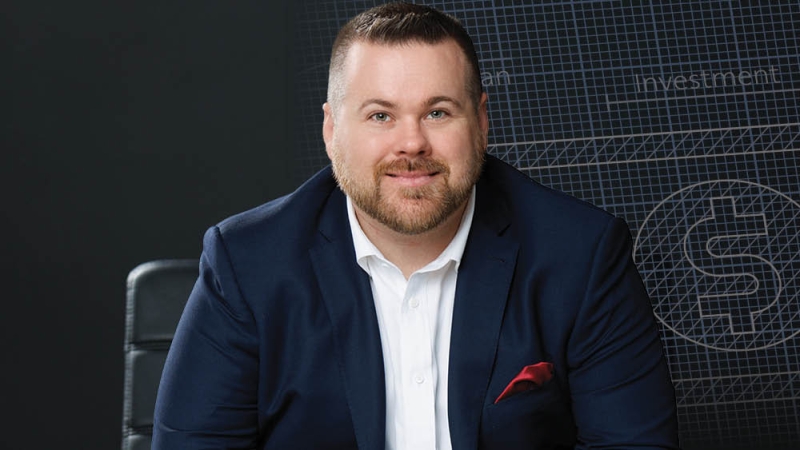BACKED BY BANKERS
Kelli Diserens, director of community investment for Independent Financial, a community-centric financial institution providing relationship-driven banking products and services in Texas and Colorado, said her company’s goal with the program is to provide equity so that Habitat can build more houses. Their efforts help reduce construction costs from about $200 per-square foot to about $60 per-square-foot,” she said, adding the most expensive component of the process is land.
For Diserens the program covers the “community-centric” part of her company’s mission statement well.
“You’re creating an asset for an individual who has never had one. You’re wealth building,” she said. “It improves their ability to live.”
It also just plain makes people feel good about what they are doing, whether they are volunteering to pound nails, pour concrete, provide financial services that help Habitat buy land to build more homes or help someone learn how to own a home.
“When I go to ribbon cuttings they’re just utterly speechless, crying,” she said. “It’s inspiring. They own it. They can paint it or put a nail in the wall.”
Habitat for Humanity pays for the houses by raising funds from a variety of sources. They use the money they get from mortgage payments to make more loans, buy more land and build more houses.
GOING TO SCHOOL
Recipients of the zero-mortgage homes also have to get educated on the ins and outs of homeownership through New Homeowners College before purchasing their homes. The program is administered by Waco Habitat and the non-profit Grassroots Waco, which does a series of financial literacy classes for all or the program’s future homeowners. Waco Habitat holds classes on home safety, insurance, property taxes, home maintenance and owning vs. renting.
Darrell Abercrombie, a Grassroots Waco housing counselor since 2001, said their classes cover
budgeting, the importance of saving money and building credit, identity protection, the benefits of lenders and realtors, home inspections, family estate planning, debt to income ratios and the importance of staying within your budget.
“Not everyone has the knowledge to buy a home,” he said.
Abercrombie said the program also tries to impress upon students the importance of passing down what they learned to their family, especially the intrinsic value of owning over renting.
“It’s very important,” he said. “You just don’t get any equity out of renting.”
Evans said her mortgage was $75,000 when she got it in 2014 and the house is now appraised at $148,000.
“I have 22 years left to pay on my mortgage,” she said. “In two years that would leave me with $50,000 left to pay. But as you can see, it is currently worth $98,000 if I subtract what is owed.”
Evans said she could use the equity to leverage the purchase of another home or to start a business, which is essentially a potential path to wealth building.
“Some families may choose to leave their homes to their children. This is a path to wealth building,” Evans said. “There are of course no guarantees, but the alternative to owning a home or not owning a home is strikingly apparent. This is why things like red-lining were problematic for an entire generation when it came to building wealth and the wealth gap.”
Evans said that she has looked into options that could allow her to build wealth that does not put her house in jeopardy and that she has a window to plan her strategy as she moves forward.
“As of now I am saving around 30% to 40% of what I earn from my job for future endeavors, and the zero interest, at cost, mortgage is allowing me this advantage,” she said.












